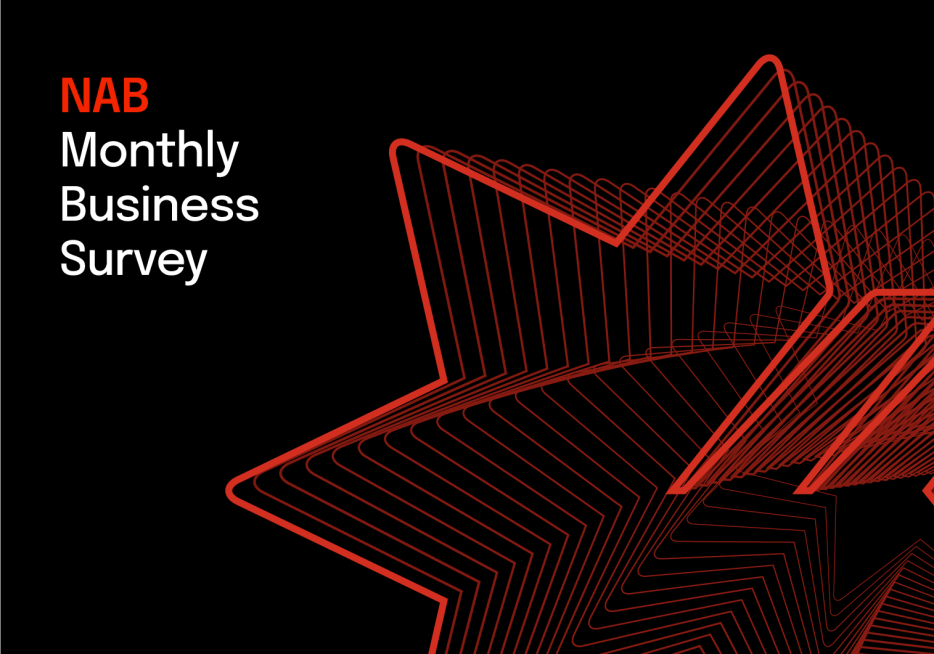Confidence continues to lift


Insight
Social media has opened a world of opportunity for businesses – to engage with customers like never before, to publicise their products through a range of channels and to sell online.

Social media has opened a world of opportunity for businesses – to engage with customers like never before, to publicise their products through a range of channels and to sell online.
But it also comes with legal pitfalls, and nowhere is that more true than in the fashion industry. Some of the pitfalls were outlined at the K&L Gates Law Breakfast, one of a series of business events supported by NAB as part of the Virgin Australia Melbourne Fashion Festival.
Here are five things fashion businesses need to know.
Social media allows for instant comment and instant feedback, but sometimes restraint is required.
For instance, smaller brands have sometimes used social media to try to fight back against larger labels who they feel have copied their designs. However, as K&L Gates partner Jonathan Feder explained, this can land them in trouble.
Feder referred to a recent case where a smaller designer felt her work had been copied by another label. She uploaded a couple of posts on her personal and Facebook pages suggesting that the larger label had been copying her designs. The larger label took legal action over the allegation, and won. The smaller designer was ordered to pay $25,000 in damages as well as legal costs.
“Do your research, contact the fashion house or the designer who you think has copied you and have a discussion about it. Don’t go straight to social media,” says Feder.
It’s very easy to click, copy and post images online, but fashion businesses – and indeed all businesses – need to be careful.
There is a common misconception that as long as there is attribution to the owner of the image, such as the photographer, then that protects the user of the image. But Feder says that is not enough.
“The internet isn’t a free for all,” he says. “You can’t just freely take [an] image from Google Images and reproduce it on your website or anything – that is a copyright infringement.”
The reality is, however, that some people would actually like you to share their images.
“It comes down to a bit of a weighing up exercise – some people might really want you to get their stuff out there,” says K&L Gates partner Lisa Egan. “You’re weighing up the risk that it’s a photo they want out there against the possibility that they don’t.”
However, should the copyright owner complain, take the image down as soon as they ask.
Fashion blogger and journalist Patty Huntington says fashion sites wanting to use runway images should get a subscription to a photo wire agency such as Splashnews and buy the right to use their images in bulk.
“What we’ve learned from social media and our clients is that people feel that on Facebook, Twitter or Instagram that they’re speaking to people who follow them and that’s their audience,” says K&L’s Feder.
“But people forget they’re actually speaking to the world.”
More generally, Feder says social media “is a goldmine for lawyers, especially in copyright cases”.
In the past, it was very difficult to find evidence of one fashion house having copied the work of another designer. But the internet leaves a much more discoverable trail.
“What we find is that designers, especially on Pinterest, are pinning lots of things and following people and when we actually have a case against somebody we can go into their Pinterest, and usually we’ll find a designer of that company has pinned that exact dress or garment,” he says.
Fashion business leaders need to know what they can and can’t do on social media. But they also have to be careful about who they let post on their behalf.
They should also keep a close eye on comments others post on their site, because comments can also be defamatory.
“You really need trained people going through your social media sites to take defamatory posts down,” says Feder. “It’s important to monitor your page and if you’re not sure seek some advice about it and to take things off as quickly as possible.”
Most complaints you will receive about your use of social media are straightforward to deal with if you act on them quickly.
“If you get a letter or an email from another brand saying ‘we think you’re engaging in misleading conduct,defamation or misusing copyright works’, take those allegations seriously,” says Feder.
“Most times, if you take those alleged posts off [the web] immediately and even post an apology you can nip it in the bud.”
© National Australia Bank Limited. ABN 12 004 044 937 AFSL and Australian Credit Licence 230686.